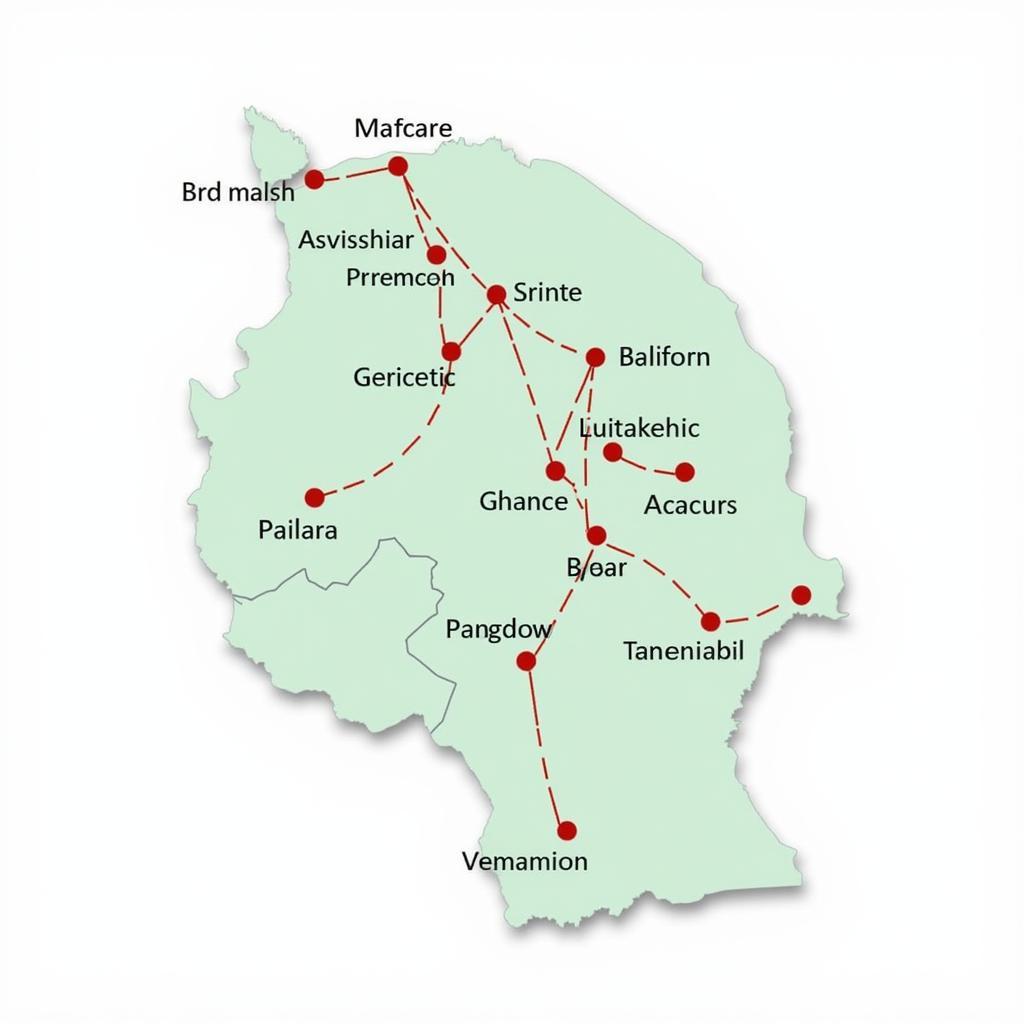The African Gaboon Viper: A Master of Disguise and Venom
The African Gaboon Viper, scientifically known as Bitis gabonica, is a fascinating and formidable creature. Found in the rainforests and savannas of sub-Saharan Africa, this venomous snake is renowned for its impressive size, cryptic coloration, and potent venom.
A Heavyweight Among Vipers
The African Gaboon viper holds the title for the heaviest venomous snake in Africa and boasts the largest fangs of any venomous snake globally. These impressive fangs can reach a staggering 2 inches in length. An adult Gaboon viper can grow to an average length of 3-5 feet, with some individuals reaching up to 6 feet. This substantial size, combined with their stocky build, makes them a truly imposing sight.
A Master of Disguise
One of the most striking features of the African Gaboon viper is its intricate coloration. Their scales are adorned with a pattern of browns, tans, pinks, and purples, resembling a tapestry of fallen leaves. This exceptional camouflage allows them to blend seamlessly into the forest floor, making them practically invisible to unsuspecting prey.
A Patient Predator
Gaboon vipers are ambush predators, relying on their camouflage and patience to secure a meal. They are typically nocturnal, spending their days coiled and hidden amongst the undergrowth. When hunger strikes, they patiently wait for unsuspecting prey to wander within striking distance. Their diet primarily consists of rodents, birds, and other small mammals.
A Venomous Bite
The Gaboon viper possesses a potent venom, delivered through its massive fangs. Their venom is cytotoxic, meaning it destroys tissue and disrupts blood clotting. While they are not considered particularly aggressive, a bite from a Gaboon viper can be life-threatening if left untreated.
Conservation Status
Fortunately, the African Gaboon viper is not currently considered endangered. However, habitat loss and the illegal pet trade pose potential threats to their populations.
Frequently Asked Questions about the African Gaboon Viper
How dangerous is the African Gaboon viper?
While not aggressive, the Gaboon viper’s venom is highly potent and a bite can be fatal if left untreated. Immediate medical attention is crucial.
What should I do if I encounter a Gaboon viper?
Give it a wide berth and do not attempt to touch or handle it. These snakes are masters of camouflage, so be vigilant when walking in areas where they are known to inhabit.
What is the lifespan of an African Gaboon viper?
In the wild, their lifespan is estimated to be around 10 years. In captivity, they can live up to 18 years.
Learning More About African Wildlife
Intrigued by the African Gaboon viper? Delve deeper into the fascinating world of African wildlife with these related articles:
- Explore the African animal fact file for a wealth of information about the continent’s diverse fauna.
- Discover more about the venomous African black mamba with captivating pictures.
- Immerse yourself in the lush world of African jungle animals and their unique adaptations.
The African Gaboon viper serves as a powerful reminder of the beauty, power, and biodiversity found within the African continent.
Need help planning your African adventure? Contact us at +255768904061, email us at [email protected], or visit us in Mbarali DC Mawindi, Kangaga, Tanzania. Our team is available 24/7 to assist you.



